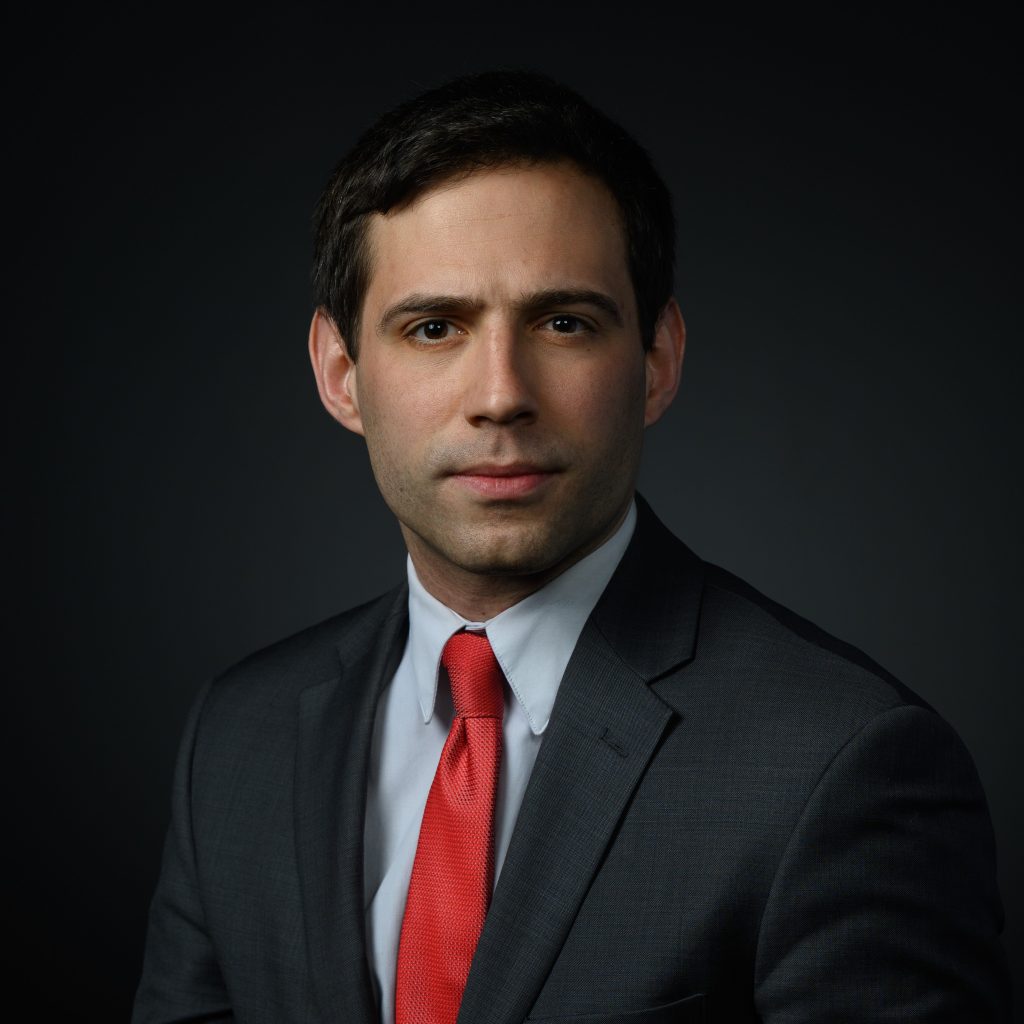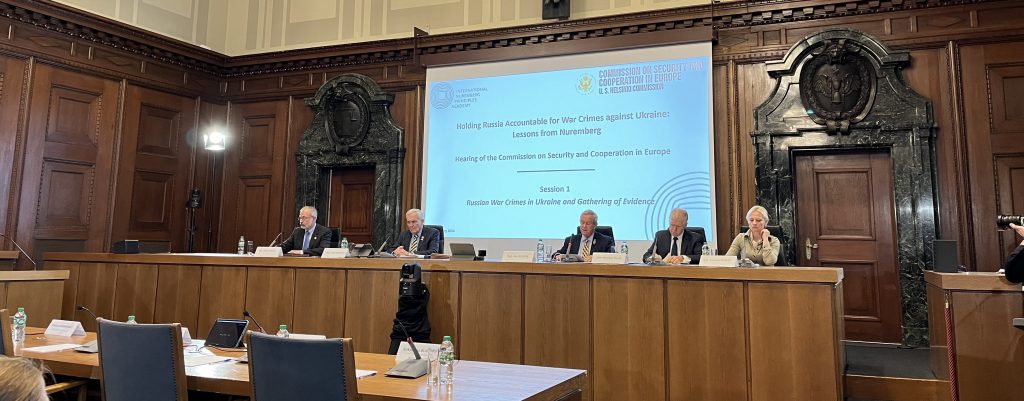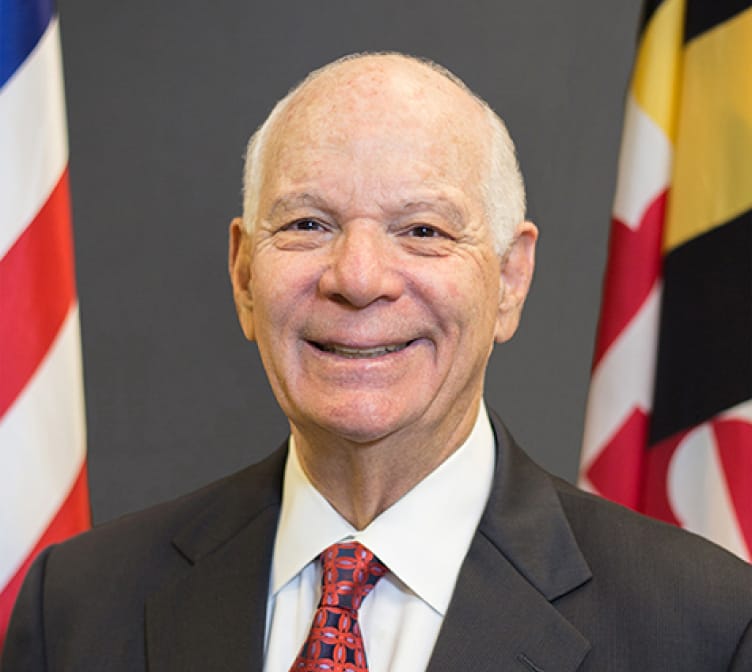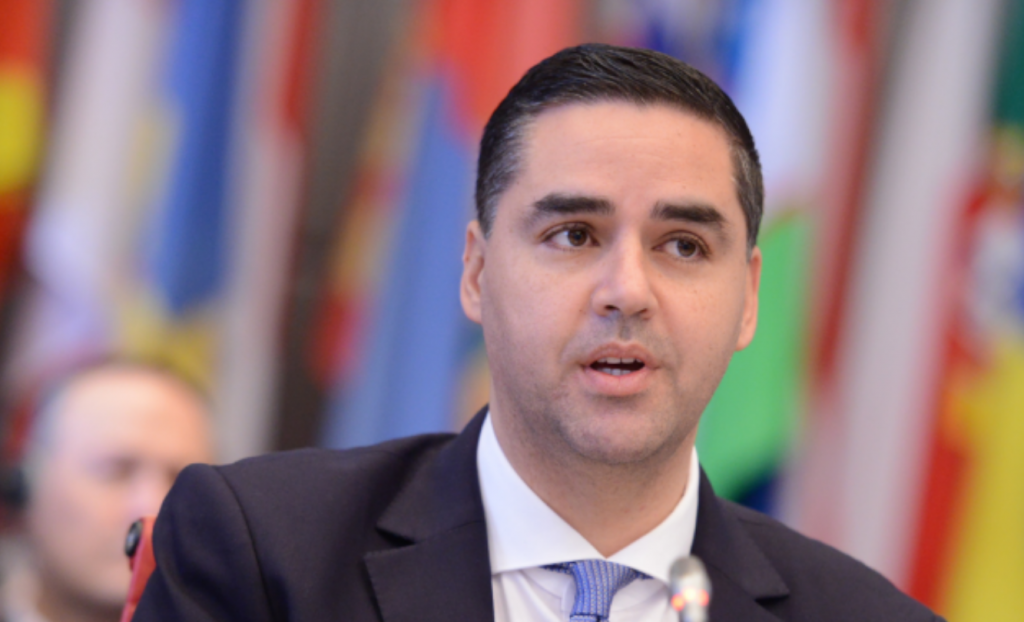“Helsinki on the Hill” is series of conversations hosted by the U.S. Helsinki Commission on human rights and comprehensive security in Europe and beyond. The Helsinki Commission, formally known as the Commission on Security and Cooperation in Europe, promotes human rights, military security, and economic cooperation in 57 countries in Europe, Eurasia, and North America.
Mission
We are a US government commission that promotes human rights, military security, and economic cooperation in 57 countries in Europe, Eurasia, and North America.
Nine Commissioners are members of the Senate, nine are members of the House of Representatives, and three are executive branch officials.
Learn MoreRecent Updates
- Filter By:

Paul Massaro Appointed Helsinki Commission Staff Dir...
Apr 22, 2024

U.S. Helsinki Commissioners Issue Statement in Nurem...
Mar 20, 2024

Helsinki Commission Leadership Responds to Murder of...
Feb 16, 2024
Helsinki Commission Leadership Raises Concerns over ...
Feb 06, 2024
In the News
Lawmakers say Kara-Murza case spotlights administration’s shortfalls with political prisoners
Oct 26, 2023
US lawmakers call for Kremlin critic Kara-Murza to be designated ‘wrongfully detained’
Sep 20, 2023
Congress Presses Biden to Deliver Cluster Munitions to Ukraine
Jun 26, 2023
Congress Pressures Biden to Help Ukraine Into NATO
Jun 20, 2023
The USA and Switzerland are among the largest producers of components found in Russian weapons
Jul 19, 2023












